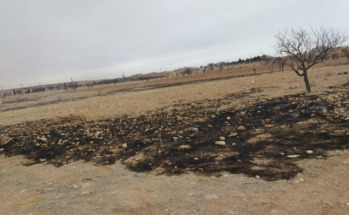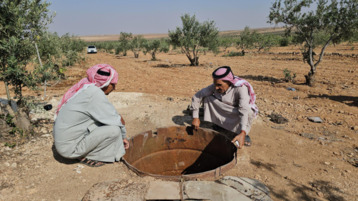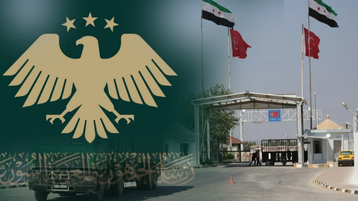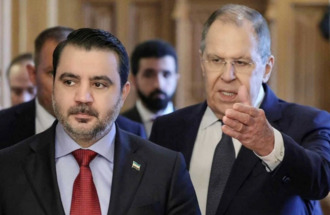-
Misunderstanding in Baku: The Path to Escalation in Sweida
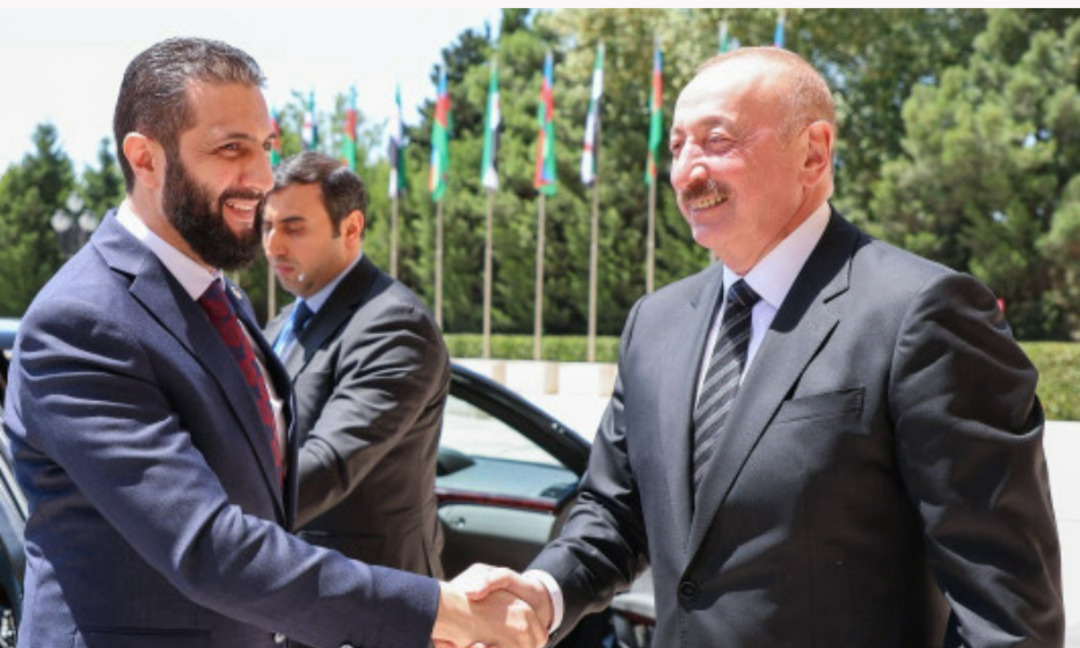
Sources familiar with "Syria in the Transitional Phase" have informed us that the recent escalation in Sweida is the result of successive misunderstandings between Syrian and Israeli officials during a face-to-face meeting in Baku last Saturday, which focused on the possibility of reaching a future peace agreement.
In that meeting, the transitional Syrian authorities proposed reinstating the 1974 ceasefire agreement, along with a series of secret confidence-building measures, as a prelude to a comprehensive peace agreement over five years.
Reports indicate that Israel rejected this framework, insisting that the 1974 agreement had become invalid and void. It demanded a new security arrangement that included Israeli military presence outside the Golan Heights during a five-year transitional period. Israel also pushed for a "warm normalization" similar to its agreement with the UAE, including opening embassies and establishing trade relations. The transitional authorities outright rejected these conditions. Despite this deadlock, the Syrian delegation suggested that further progress could be made if Israel responded positively to the confidence-building measures proposed by Damascus, such as transferring intelligence files related to the executed Israeli agent Eli Cohen and withdrawing heavy weapons from southern Syria. The delegation specified that Israel should give the green light to the transitional authorities to fully incorporate Sweida into the structures of the Syrian state. It is reported that Israel agreed to this.
The Syrian transitional authorities (or wanted to believe so) realized that this was a green light from Israel to take control of all of Sweida. Damascus quickly exploited ongoing Druze-tribal tensions as a pretext to send General Security forces to Sweida as peacekeepers and to impose de facto control over the city.
It is said that President Al-‘As semi believed that strong American support, especially following recent statements by Special Envoy Tom Barrack about the future of the Syrian Democratic Forces and the rejection of federalism, would protect him from Israeli retaliation. He also seems to have overestimated the strength of government-backed Druze factions while underestimating the support of the anti-government Druze leader Sheikh Hikmat Hajri. Some insiders suggest that Al-‘As semi may have received poor advice from his Defense and Foreign Ministers, who are eager for quick gains in their positions.
The operation immediately backfired. The General Security, composed mostly of inexperienced recruits, entered Sweida without coordination with Hajri’s militias and fell directly into an ambush. Many were killed or captured. The bloodshed that followed fueled calls for revenge by government supporters. The military wing of Hayat Tahrir al-Sham may have ignored Al-‘As semi’s instructions to adhere to a political solution.
Israel's interpretation of the agreement in Baku is much narrower. From its perspective, the green light precisely indicated the implementation of existing arrangements: restoring state services and establishing a limited local security presence. Tel Aviv considered Damascus’s pursuit of full military control a breach of the informal understanding and an act of aggression. Public comments by Marco Rubio, describing the crisis as a "misunderstanding," seem to support this interpretation of events.
Damascus ignored repeated Israeli warnings to withdraw, with reports indicating that Al-‘As semi feared that withdrawal would be seen as a humiliating retreat. Instead, he doubled down. Israel responded in kind.
Despite the military setback, President Al-‘As semi emerged as a hero in the Sunni street. His challenge to Israel and to Hajjari—whom many see as a puppet and traitor to Israel—boosted his popularity. He also ignited covert sectarian animosity against the Druze community, even amid calls for economic boycott of Sweida.
However, the image of infallibility surrounding Al-‘As semi after a series of foreign policy coups has now clearly shattered. Within armed circles, especially among the military leadership of Hayat Tahrir al-Sham and allied factions, Al-‘As semi is seen as a weak leader. He now faces a difficult task in restraining sectarian revenge calls after hundreds of soldiers and security personnel were killed.
The crisis also exposed the limits of Al-‘As semi’s state-building project. His strategy of integrating minorities not through political means but through coercion requires international scrutiny. What was meant to affirm sovereignty has harmed his credibility abroad. Deep distrust from the Syrian Democratic Forces also deepened. In Ankara, frustration is growing, with Turkish officials believing that Al-‘As semi’s mistake gave Israel a pretext to expand its political and military influence within Syria.
You May Also Like
Popular Posts
Caricature
opinion
Report
ads
Newsletter
Subscribe to our mailing list to get the new updates!

